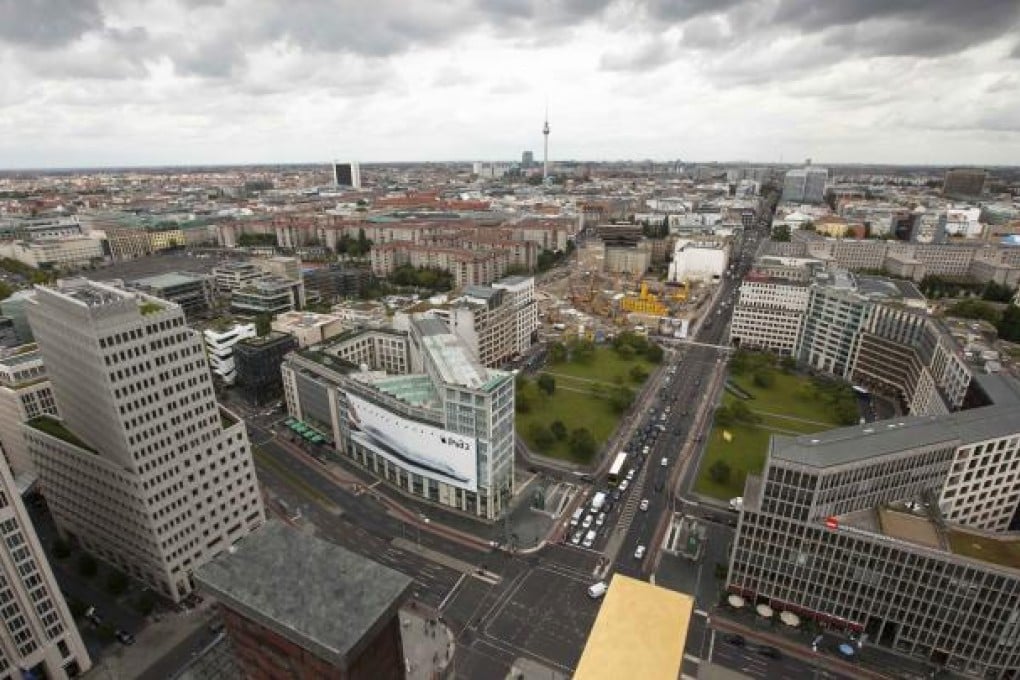Opinion | Germany basks in housing boom as foreigners, locals see 'das Betongold'

Germans call it “concrete gold”. With home prices surging across Germany, they have good reason to liken property to a precious metal.
Residential property prices have leapt by 50 per cent in Hamburg since 2009 to reach 3,050 euros per square metre, and by 37.5 per cent in Berlin over the same period to hit 2,200 euros per sq metre, reports Jones Lang LaSalle. Double digit price rises have been recorded in other German cities.
Property prices are rising strongly, because Germans are ploughing their hard earned savings into their country's housing market. Investment in German residential property will have tripled from 3 billion euros per year during most of the 2000s, to reach 10 billion euros a year in 2012, Jones Lang LaSalle forecasts.
Foreign investment is helping to lift German property prices too. Half of property investors come from abroad, attracted to the relative stability of the German housing market.
Gold is seen globally as a safe haven during tumultuous times, and Germans view “concrete gold”, or das Betongold, in the same way. Against a backdrop of the ongoing eurozone crisis, they are investing in die immobilien, because they fear the hyper-inflation which destroyed The Weimar Republic in the early 1930s is about to return. Property was a semi-effective hedge against inflation then, and they hope it will be now.
Although Germany's inflation rate is only 2.1 per cent today, many citizens fear it could rise to much higher levels, because of quantitative easing measures introduced by the authorities to stimulate the economy.